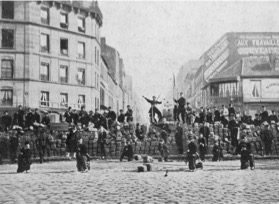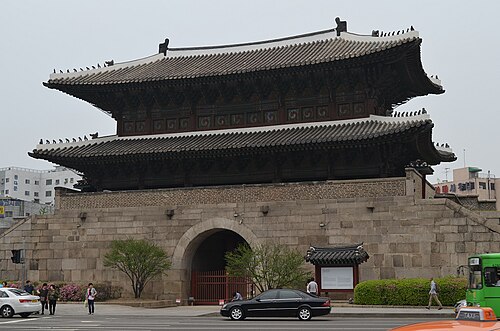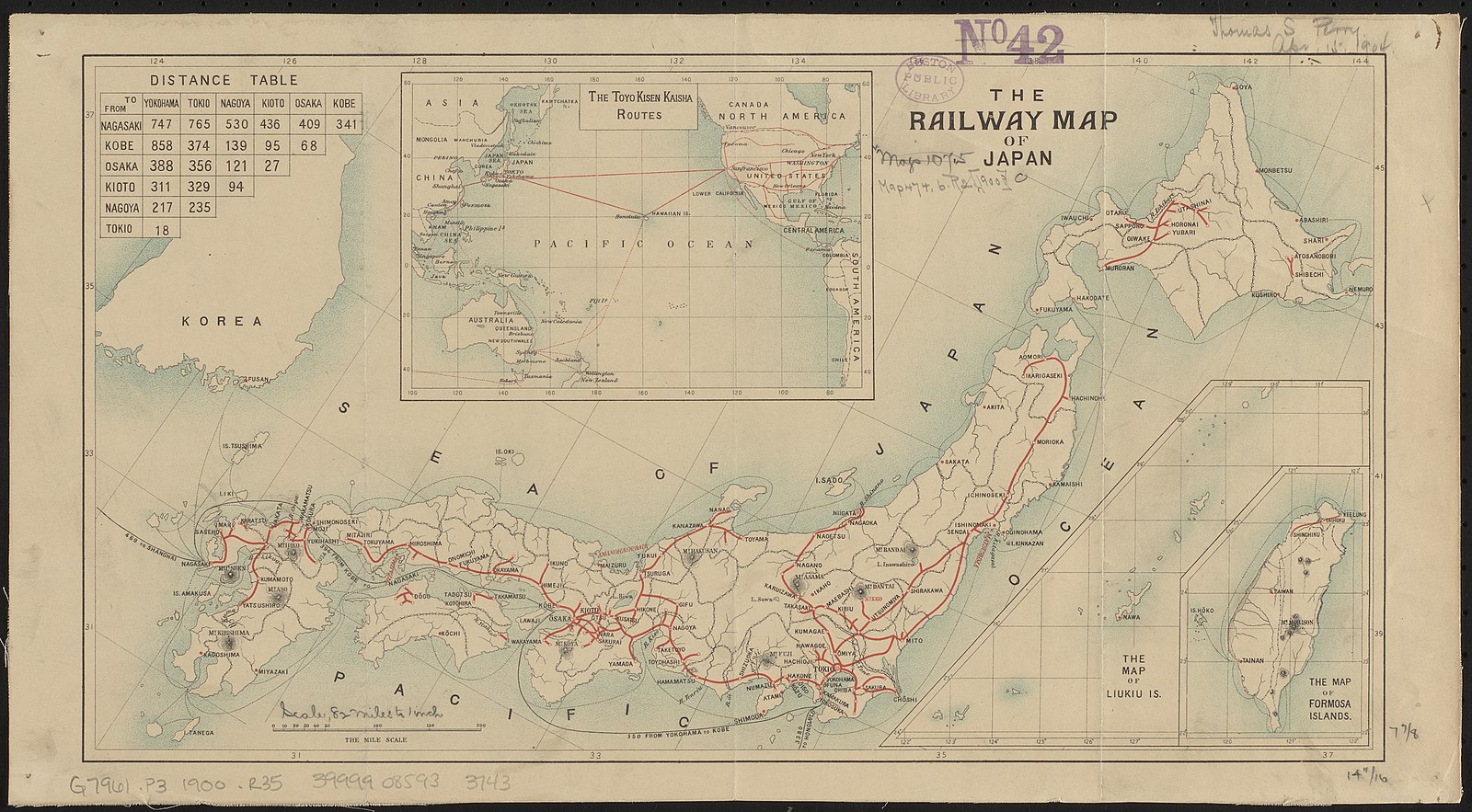
This course provides an overview of the major events, themes, and problems that characterized European history between the eighteenth and twenty-first centuries. We will look critically at the wars, political and economic revolutions, and new intellectual developments that shaped Europe over this period: we will also examine how nation-building, imperial expansion, decolonization, division, and unity have marked its ideological and physical landscape.
- Teacher: Christina Carroll

This course examines the transnational and global history of the French Revolution and the Napoleonic Empire. We will begin by examining Old Regime culture, society, and politics in both metropolitan France and Saint Domingue (now Haiti), which was the country’s most important colony at the time. We’ll then turn to examine how – and why – different groups of revolutionaries rose to challenge the existing order. We’ll trace France’s complicated political evolution as it moved from monarchical to republican to authoritarian to imperial forms of government and reflect on the connections between these political transformations and the experience of internal political conflict and ongoing war with much of Europe. At the same time, we’ll also look at the specific experiences of different groups of people who participated in the revolution and reflect on who was included in and excluded from the new understandings of citizenship and the nation that emerged during this period. We’ll also reflect on the relationship between the Revolution and Napoleon, thinking about how and why Napoleon’s authoritarian empire emerged out of a political movement that promoted human rights, republicanism, and the expansion of suffrage. And then finally, we’ll reflect on the legacies of the French Revolution, not only in France but across Europe and in the Middle East and the Caribbean as well.
- Teacher: Christina Carroll


